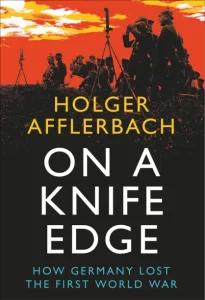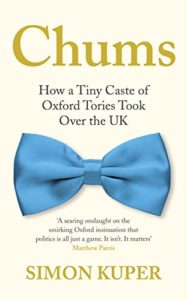I confess that Christopher Hitchens’ erudition and wit can sometimes be intimidating: His writing is just so damned smart, caustic, and rhetorically relentless. Imagine an Oxford-educated Robin Williams at warp speed with, I guess, a First in Classics, perhaps, or whatever degree is most impressive to the hoi polloi (and yes, I know, the British just say hoi polloi).
So I recommend this book of previously uncollected essays and reviews, some of them quite scathing, to be sampled slowly, like an 16-year-old Lagavulin. Because this stuff is definitely peaty.
Consider the essay titled “Spanking” in which Prime Minister Maggie Thatcher made Hitchens lose “all independent volition” when they met at a book party. He actually obeyed when she ordered him to bow lower and lower until she could “thwack” him on the butt. Yes, it was with rolled-up papers, but still. . . .
The opening of that piece is a treasure house of finely-tuned mockery:
Sometimes in the late autumn of 1977, I went to a book party that was held in the Rosebery Room of the House of Lords. Why I went I can’t think–the volume was some piece of unreadable bufferdom* extruded by Lord Butler, who as “Rab” had never in his life done anything to live down the sobriquet “flabby-faced old coward.” He himself was vaguely present, moving about the carpet like a terrible tortoise.
I thought instantly of the grotesque bejeweled tortoise that Rex Mottrom gave Julia Flyte in Brideshead Revisited.
There’s much to feast on here, like the gimlet-eyed portrait of Princess Margaret having the full weight of the British government suppress her quite ordinary need for love and deny her marriage to the divorced man she loved. It’s hard to read those sad, boozy pages without seeing Lesley Manville’s riveting performance–the glamor and clamor–in The Crown. Hitchens has no love for royalty and its discontents and while the essay is brutal, it’s also surprisingly compassionate.
The book is heavily political from politics in the Kennedy/Johnson/Nixon years to the sexual hypocrisy of J. Edgar Hoover. Hitchens hated all four men, and gives readers good reasons why.
And people who feel Barbie was “snubbed” might find the surprising “At the Oscars” illuminating. Or infuriating. Either way, it’s masterful reportage and analysis.
One fascinating feature of the book is published letters responding to complaints about various articles of his. In Hitchens’ ripostes, he often seems to be dueling an unarmed–or at least unskilled–opponent.
Hitchens’ essays frequently quote Oscar Wilde and I found myself deeply grateful for his reference in one essay to a master of humor almost equal to Wilde: H.H. Munro who wrote under then pen name of “Saki.” Saki’s Edwardian tales are priceless in their dissection of the period’s arrogance and self-love. Read them when the world is too much with you, late or soon.
The author was known by many people as “Hitch” and the publishers went with a punning title and cover, but honestly, a stiletto or rapier would have been a more fitting implement. ★★★
Lev Raphael has reviewed books for The Detroit Free Press, The Washington Post and other newspapers as well as for NPR stations in Michigan. Guests on his interview show on Lansing Public Radio included Salman Rushdie, Erica Jong, and Julian Barnes.
*the state of being foolish, old-fashioned, and incompetent



